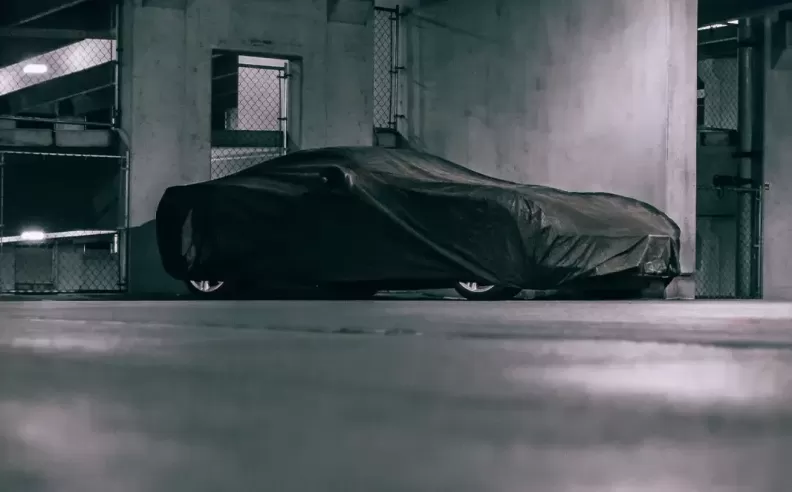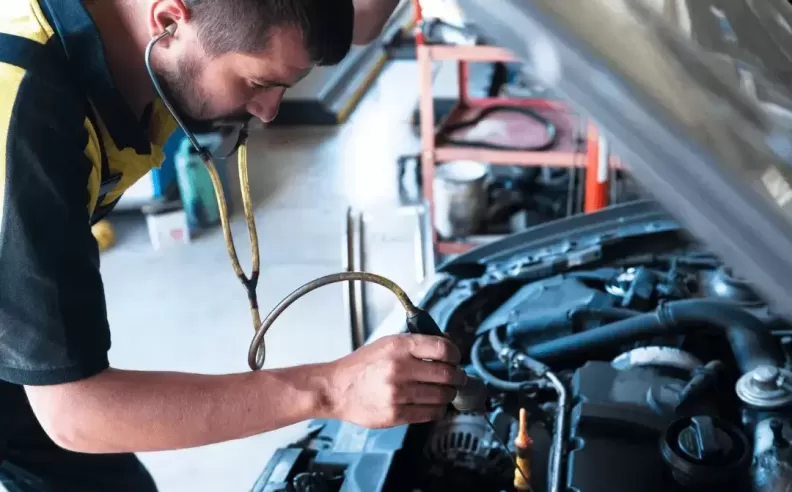
Even with all the sensors and warning lights in today’s cars, unusual sounds are still one of the clearest signs that something is wrong. Whether you are cruising through Riyadh or taking a weekend trip to Abha, strange noises from your vehicle can mean serious trouble ahead. Here’s what those sounds could mean and when you should head to the mechanic.
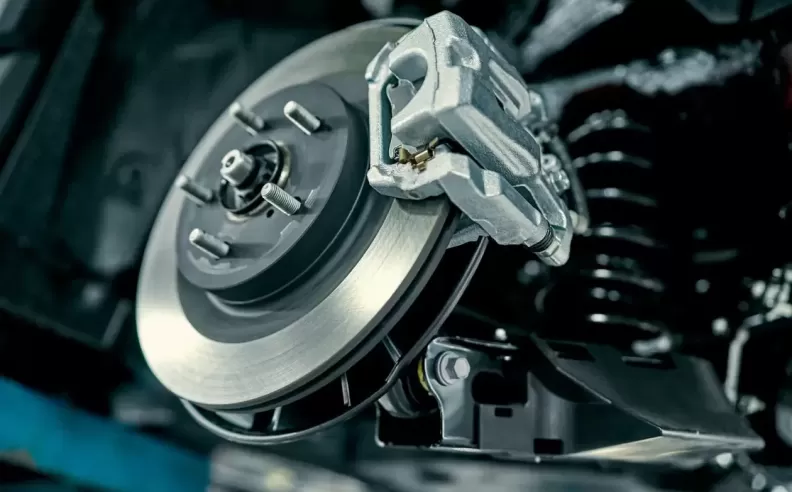
Hearing a high pitched squeal or metallic scraping when you press the brake pedal could mean your brake pads are worn down. Many manufacturers include a metal tab in the pad that makes this sound to alert you before the brakes fail.
Ignoring this sound could damage your brake rotors and lead to longer stopping distances or even brake failure. If this happens, get your brake system inspected and the pads replaced as soon as possible.
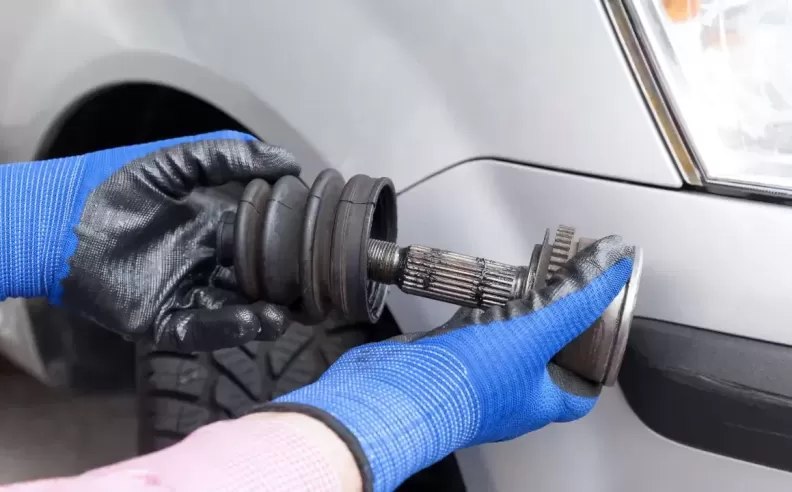
If you hear a clicking or popping noise while turning the steering wheel, especially during sharp turns, it may indicate worn-out CV joints or damage to the front axle. These components deliver power from the engine to the wheels, and damage here affects your control and stability.
It’s important to have your CV joints checked and replaced if needed before they fail. Sudden breakdowns like these are not something you want to deal with on a Saudi highway.
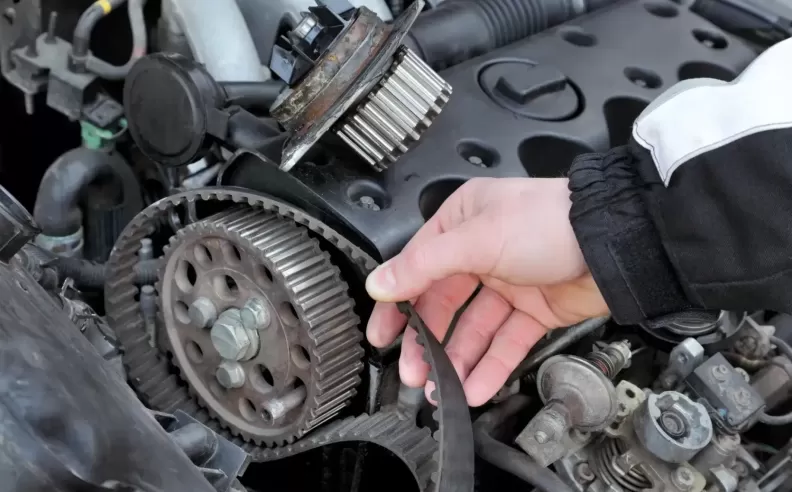
If you hear a loud screech or grinding sound when you start the engine, especially after the car has been sitting overnight, the culprit is likely a worn or loose serpentine belt. This belt powers key systems like the alternator and air conditioning.
A neglected belt can snap while driving, which may cause overheating and serious engine damage. To avoid unexpected breakdowns in Saudi traffic, have your mechanic check the belt tension and condition regularly, especially before summer road trips.
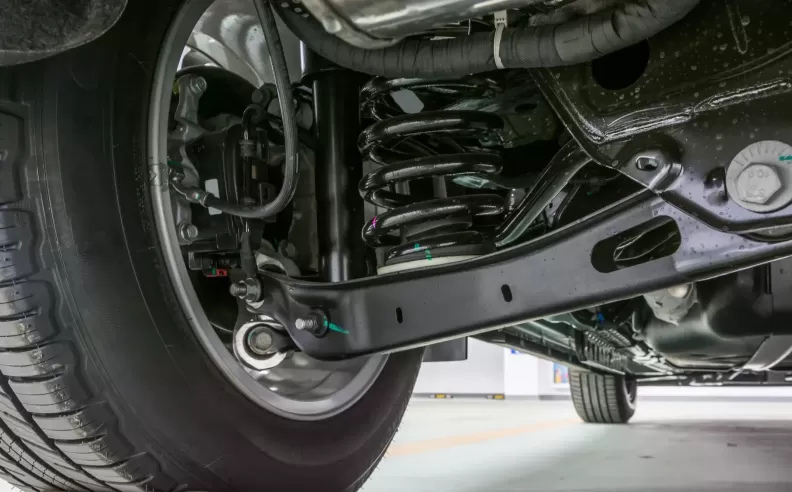
If you hear a clunking or metallic rattle under the car when driving over speed bumps or uneven roads, this may signal problems in the suspension or exhaust system. It could be a loose muffler or damaged shock absorbers.
In Saudi Arabia’s urban streets or desert routes, damaged undercarriage parts can lead to costly repairs if ignored. It’s best to get a full inspection underneath the car to catch any issues before they get worse.
Brake pads wear faster in high temperatures. Heat can cause glazing on the pads, which leads to squealing when braking.
It’s usually a worn CV joint. This is common on older cars or those that drive through tight city roads regularly.
No, a worn or loose belt can snap anytime, leading to a sudden engine shutdown or overheating.
It could be a loose exhaust part or a damaged suspension component like a shock absorber or sway bar.

Started my career in Automotive Journalism in 2015. Even though I'm a pharmacist, hanging around cars all the time has created a passion for the automotive industry since day 1.

